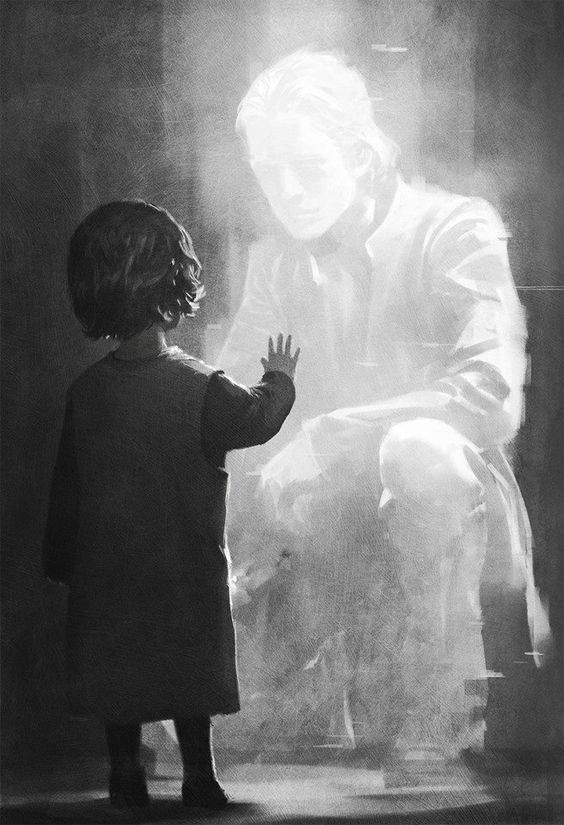Warning: Undefined array key "HTTP_REFERER" in /www/domains/textandtext.com/view/web/text.php on line 17
Understanding the Psychological Impact of Loss and Grief


Losing someone we love is one of the hardest experiences we face in life. Whether it's a close family member, a friend, or even a beloved pet, the pain of loss can be overwhelming. In this article, we’ll dive into the psychological effects of loss and grief, how they manifest in our lives, and what we can do to cope with these feelings.
▎What is Grief?
Grief is a natural response to loss. It encompasses a range of emotions, including sadness, anger, confusion, and even relief. Everyone experiences grief differently; there's no right or wrong way to feel. Some people might cry uncontrollably, while others may feel numb or withdrawn. This variety in responses is completely normal.
▎The Stages of Grief
Many people are familiar with the five stages of grief introduced by Elisabeth Kübler-Ross: denial, anger, bargaining, depression, and acceptance. It's important to note that these stages aren't linear. You might bounce back and forth between them or experience them out of order. Understanding these stages can help you recognize your feelings and know that they are part of the healing process.
▎1. Denial
In the beginning, you might struggle to accept the reality of your loss. This denial can serve as a buffer, allowing you time to process the shock.
▎2. Anger
As the reality sets in, feelings of anger can arise. You might feel angry at the person who passed away for leaving you, or even at yourself for things left unsaid.
▎3. Bargaining
During this stage, you may find yourself trying to negotiate your way out of the hurt. Thoughts like "If only I had done this differently" are common.
▎4. Depression
This is often the heaviest stage. Feelings of deep sadness and despair can take over as you confront the reality of your loss.
▎5. Acceptance
Acceptance doesn’t mean you’re okay with what happened; it means you’re learning to live with it. It’s about finding a new normal.
▎Psychological Effects of Grief
The impact of grief goes beyond just emotional pain; it can also affect our mental health in significant ways:
▎Anxiety and Panic Attacks
After losing someone close, feelings of anxiety can increase. You might worry about your own health or the health of others, leading to panic attacks or constant feelings of dread.
▎Depression
Prolonged grief can lead to clinical depression. If you find that your sadness doesn’t lift after several months or interferes with your daily life, it might be time to seek professional help.
▎Changes in Behavior
Grief can lead to changes in behavior such as withdrawing from social activities, neglecting responsibilities, or turning to unhealthy coping mechanisms like substance abuse.
▎Physical Symptoms
The mind-body connection is strong; grief can manifest physically as fatigue, headaches, or digestive issues. It’s essential to listen to your body during this time.
▎Coping with Grief
While there’s no one-size-fits-all approach to dealing with grief, here are some strategies that may help:
▎Talk About It
Don’t bottle up your feelings. Talking about your loss with friends, family, or a therapist can provide relief and understanding.
▎Create a Routine
Establishing a daily routine can provide structure and a sense of normalcy during chaotic times.
▎Engage in Self-Care
Take care of yourself physically and emotionally. This includes eating well, exercising, and getting enough sleep.
▎Memorialize Your Loved One
Finding ways to honor the memory of your loved one can be healing. This could be through creating a scrapbook, planting a tree in their memory, or simply sharing stories about them with others.
▎Seek Professional Help
If your grief feels too heavy to bear alone, consider talking to a mental health professional. Therapy can provide support and coping strategies tailored to your needs.
▎Conclusion
Grief is a complex journey that everyone experiences differently. While it can be incredibly painful, understanding the psychological effects and finding healthy ways to cope can lead to healing over time. Remember, it's okay to seek help and lean on others during this challenging time. You’re not alone in your experience; many people have walked this path before you and found their way through the darkness.







